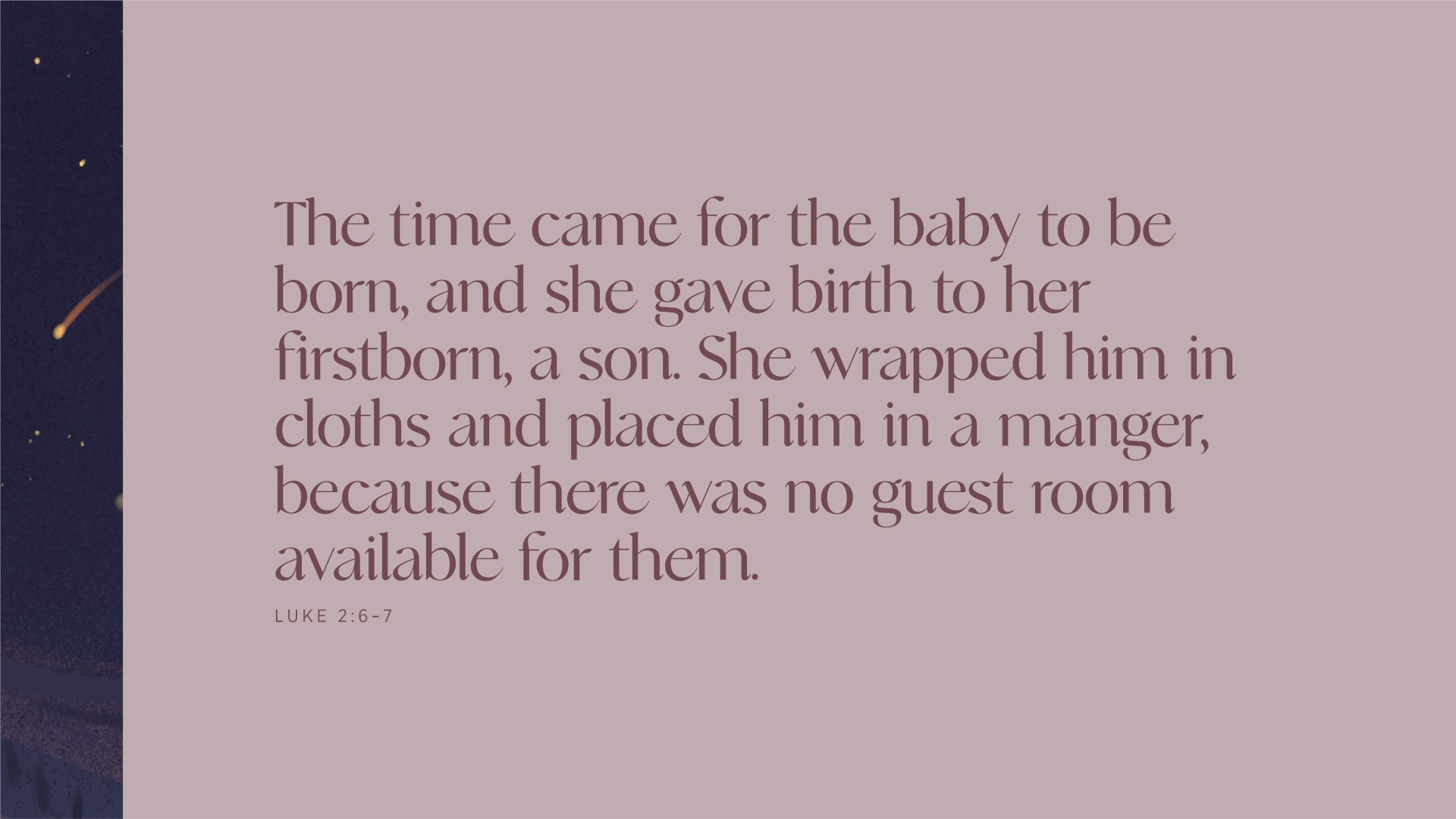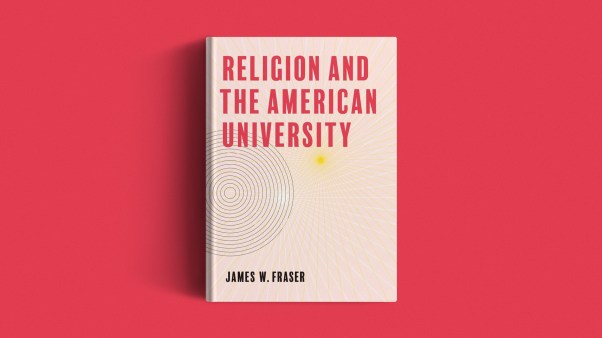Read Luke 2:1–7.
Emperor Augustus issued a sweeping decree for all in the Roman world to be registered in a census. Many of us are familiar with this detail in the story of Jesus’ birth because it’s what brought Mary and Joseph to Bethlehem—in fulfillment of the prophecy in Micah 5:2–5. But it’s also notable because it demonstrates Augustus’s considerable power as emperor. He says the word, and all must take notice. There was no option to ignore him.
Unlike the emperor, Jesus was easy to miss. His birth, which was prophesied and long awaited, contrasts sharply with Augustus’s power. Jesus was born in humble and obscure circumstances, easy to overlook. As the Gospel narrative develops, there are people who are able to recognize Jesus as God in their midst, but they are a select few. As it turns out, the Incarnation is something that’s easy to ignore—and most do it without even knowing it.
If we want to be people who see and recognize the incarnate presence of God in our lives and our world, what do we do? It reminds me of a time I lost a contact lens in a large hotel lobby. I blinked, noticed an odd feeling in my eye, and before I knew it my contact lens had landed somewhere on the bright, patterned carpet.
I froze, searched, and tried to keep others from inadvertently crushing it. A couple of hotel staff members took pity on me and helped. To my relief, we finally found it quietly hiding underneath a nearby chair. That experience taught me that when you’re trying to notice something that’s easily missed, it helps to stop, look closely, and get others to help you.
What if we, as God’s people, stopped and slowed down enough to look closely and take in the beauty of the Incarnation? The Word becoming flesh and entering our world as an infant in order to live “among us” is joyful news for a weary world (John 1:14)! But if we don’t make the intentional choice to stop and look intently, we too might miss truly seeing Jesus, quietly hidden but present in each moment of our lives—a bit like a small contact lens unnoticed in the busyness of people on their way to something else.
What if we chose to cultivate an awareness of God’s incarnate presence around us? And what if we helped each other to do that as community? May we long for the kind of lives that allow us to notice the Incarnation, to stop and see new life and hope, even when it appears in a manger.
Tracey Gee is a leadership development coach and consultant. She is the author of Mark (Alabaster Guided Meditations) and a coauthor of More Than Serving Tea.










